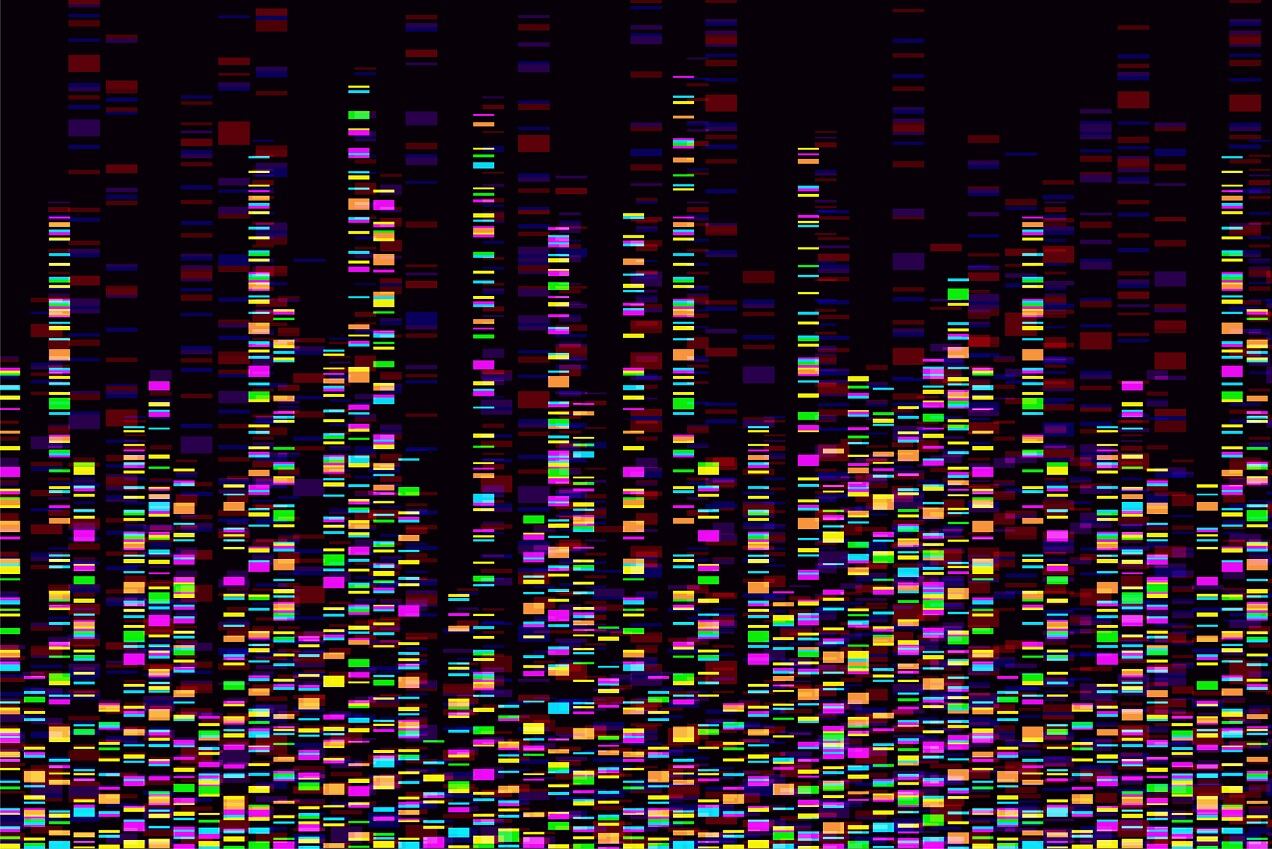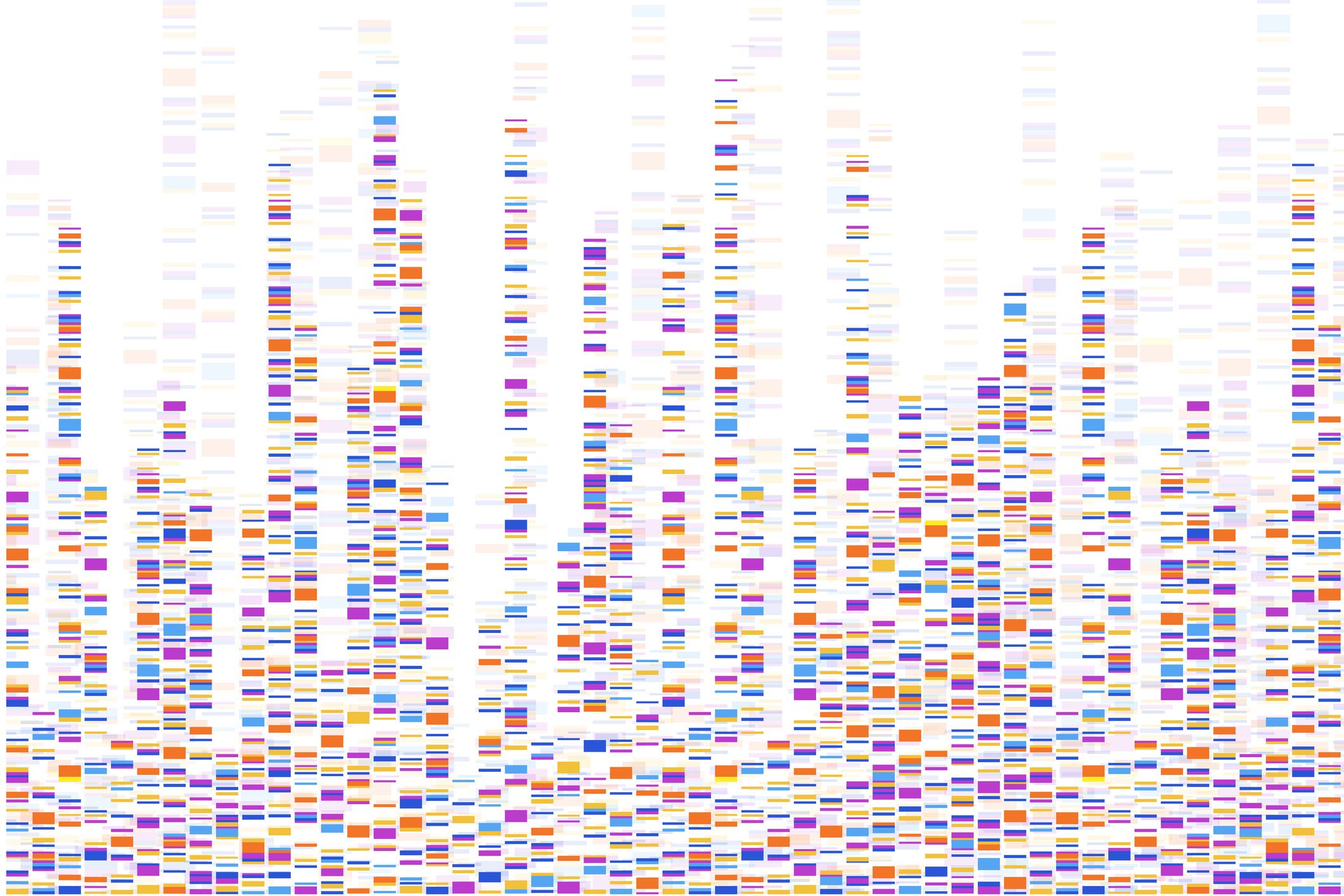The 2013 paper by Dr Newmaster and his group detailed an analysis of 44 herbal supplements from 12 companies using DNA barcoding. The researchers reported that almost 60% of the products tested contained DNA barcodes from plant species not listed on the labels.
Published in the open access journal BMC Medicine, the paper has been cited over 300 times*, accessed over 170,000 times, and quoted numerous times in the mainstream media, according to the journal’s own metrics.
Despite being widely criticized by analytical and botanical experts at the time of its publication – notably, the American Botanical Council was quick to call for its retraction and the American Herbal Products Association promptly submitted a letter to the journal’s editor to point out several inaccuracies – the paper not only survived but was picked up by the New York Times. The Times’ report was the spark that lit a fire in the office of then New York Attorney General Eric Schneiderman, which subsequently conducted its own controversial investigation and led to letters being sent to GNC, Target, Walmart, and Walgreens in 2015 telling them to stop selling some herbal supplements.
AG Schneiderman’s own tests using DNA technology alleged that 79% of the products tested as part of the investigation didn’t contain the labeled substance or contained other non-listed ingredients.
Schneiderman’s investigation expanded to engulf other herbal supplement brands and other state attorneys general launched similar investigations. In the end some companies agreed to settlements and/or changes to processes and business practices, with some agreeing to incorporate DNA barcoding into their analytical programs.
As a result, demand for DNA testing increased. In 2017, Dr Newmaster founded the NHP Research Alliance, which aimed to advance the use of DNA testing and molecular diagnostics in quality assurance of natural health products, including dietary supplements, thereby offering a solution to an issue created by his 2013 paper.
Dr Newmaster did not respond to our attempts to contact him.
An explosive article in Science
But the paper that started it all is now at the center of storm of allegations of fraud, plagiarism, and missing data, which is extensively detailed in an article in Science.
According to the article, a 43-page allegation letter sent to the University of Guelph (UG) last summer by eight researchers from UG, the University of Toronto, the University of British Columbia, and Stanford University called for the retraction of the 2013 paper, citing major problems in the study and two others by Newmaster and his co-workers.
This is not the first time that Dr Newmaster’s papers have been questioned: Last year, a 2014 paper by Ken Thompson and Dr Newmaster was retracted from Biodiversity and Conservation after Thompson became concerned about the availability of the data, the sources of the data, and reproducibility.
When asked to comment on the allegations in Science, Lin Lee, Chief Editor of BMC Medicine at Springer Nature, said: “Whilst we cannot further discuss the investigation while it is ongoing, we can confirm that the Springer Nature Research Integrity team is providing advice to the journal’s Editorial team on their investigation of the issues raised in line with the COPE Guidelines, which should be followed for best practice purposes.”
The University of Guelph issued the following statement: “U of G is aware of the Science article about Dr. Steven Newmaster, who is a professor at U of G. The University takes allegations of research misconduct very seriously. There is an active investigation into this situation. It is being handled according to a fair and standard process, which involves issues of confidentiality.
“The University will continue to follow due process and take appropriate action based on the result of the investigation. Details of the investigation are confidential per our collective agreement, responsible conduct of research policy and Government Tri-agency requirements.”
“Incalculable damage”
Commenting on the news, Mark Blumenthal, founder and executive director of the American Botanical Council (ABC), which led calls for the paper’s retraction in 2013, told NutraIngredients-USA: “I take no pleasure in having this conversation. There’s no pleasure or gloating in saying, 'we told you so,' but that paper should be retracted. It was in the headline of our press release in 2013.
“That paper has caused incalculable, and in many cases unnecessary, damage. Leaving aside the reputational and economic damage to the industry for a moment, look at the damage in the scientific community: That paper has been widely cited by the scientific and clinical trial literature. It is insinuated into the scientific literature and, despite ABC’s release, and criticism from several industry trade groups, went relatively unchallenged for nine years.”
It should be noted that , in addition to ABC's 2013 release, other groups, notably the American Herbal Products Association (AHPA) and the Council for Responsible Nutrition (CRN), issued statements at the time slamming the paper's credibility.
Blumenthal also said it calls into question the peer-review and/or the editorial process at the journal and how a paper that contained “so many flaws” could be published.
“ABC stands by its original 2013 position that this paper should be retracted,” he said.
“The erosion of consumer confidence”
Michael Archbold was CEO at GNC when Schneiderman launched his investigation and was on the front line of the industry response. In a telephone interview with NutraIngredients-USA, Archbold said the impact of that was “huge” for GNC. “It took up a lot of management time, but the biggest impact overall was the erosion of consumer confidence and the destruction of economic value for GNC and many other companies. And on top of that, a lot of people – consumers – stopped taking the products and this could have adversely affected their health.
“The industry has always been looked at with a little bit of skepticism, and this paper gave the skeptics something to point to and say, ‘See! We knew it!’ The paper was so detrimental,” he said.
When asked what he would like to see happen now, Archbold said not only a retraction of the paper by the journal but also an acknowledgement and a retraction from the New York Times for its coverage of the study.
The New York Times was contacted for comment but did not respond prior to publication.
The New York Attorney General’s office was also contacted for comment but did not respond prior to publication.
Archbold steered the company through the stormy seas in the immediate aftermath of AG’s investigation before stepping aside in the summer of 2016. With the benefit of hindsight, Archbold said there was a silver lining to the NY AG’s investigation.
“This event was the impetus for the industry to embrace new standards and audits around herbal products. We maybe would have had those conversations eventually, but this accelerated everything,” he said.
“I’m very happy the industry as a whole now has these standard-setting processes, these auditing processes, but it should not have been some allegedly fraudulent study that caused it.”
DNA barcoding - the technology
As reported by NutraIngredients-USA in 2013, DNA barcoding to test botanicals is reliable, but only when performed on appropriate material and in combination with other established analytical tests.
Subjecting botanical extracts to DNA analysis is problematic because, while some extracts may contain DNA, it is often of low quality or degraded to a point that makes it impossible to perform proper authentication.
Other limitations of DNA technology are that i) it cannot determine between plant parts (leaf, stem, root – the DNA is the same), ii) it’s not reliable for use in quantification, and iii) there is not a definitive library of reference standards.
Links to the articles in Science covering the allegations against Dr Newmaster:
Science, June 15, 2021: “When his suspicions went unanswered, this biologist decided to disavow his own study”
Science, October 28, 2021: “DNA barcoding paper retracted after its first author flags serious problems”
Science, February 2, 2022: “Failing the test: DNA barcoding brought botanist Steven Newmaster scientific fame and entrepreneurial success. Was it all based on fraud?”
* According to PubMed, the 2013 BMC Medicine article has been cited 135 times. The most citations occurred in 2018, with 28 citations. For 2020 and 2021, it was cited 13 and 14 times, respectively
Editor's Note: This article has been updated to note that both AHPA and CRN were quick to question the BMC Medicine paper shortly after publication in 2013. We apologize for the initial omission.



